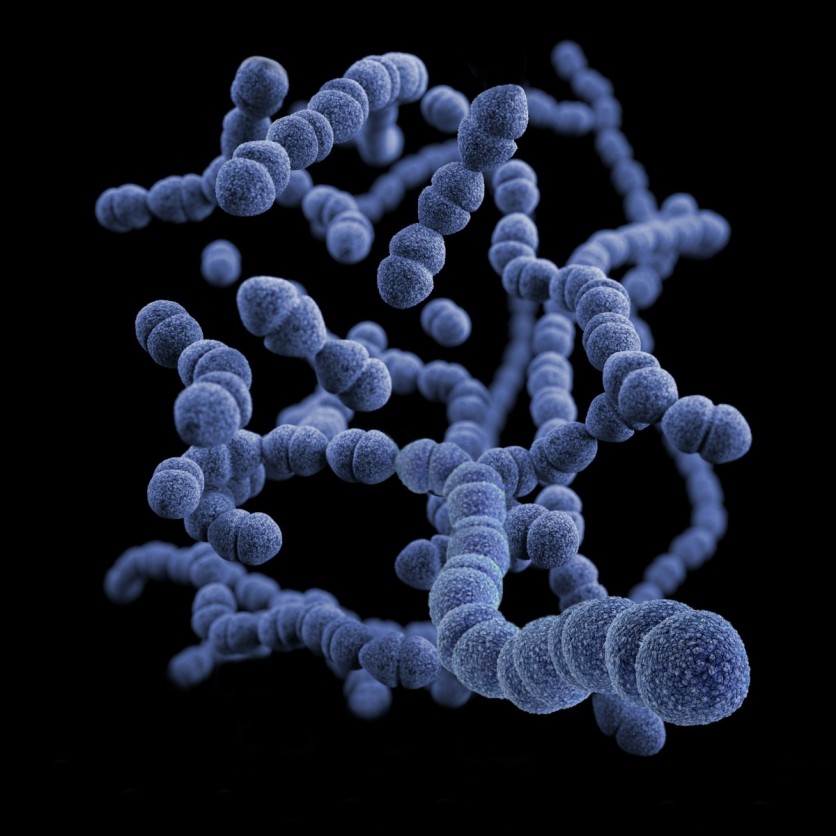Fungi play a crucial role in maintaining the delicate balance of the human microbiome, contributing to overall health. However, disruptions in this balance, especially during infections, can lead to severe health consequences.
When faced with the COVID-19 pandemic, experts like immunologist Iliyan Iliev from Weill Cornell Medical School were particularly concerned about the potential impact of fungal infections on patients.
Bridging the Gap Between Fungal Imbalance and Prolonged Immune Response

In a research published in Nature Immunology, Iliyan D. Iliev and his team uncovered a usual link between severe COVID-19 cases and an imbalance in gut fungi.
When they analyzed the blood samples from COVID-19 patients, they discovered heightened levels of antibodies against specific gut fungi, indicating fungal overgrowth. This imbalance triggered a prolonged immune response, contributing to respiratory symptoms and prolonged inflammation in severe cases.
The Microbiome as a Rainforest

A new study conducted by a team of British and Brazilian scientists sheds light on the alarming consequence of deforestation in the Amazon rainforest.
Immunologist Ken Cadwell likens the microbiome to a rainforest ecosystem. Disruptions, akin to cutting down trees or introducing invasive species, can throw the system out of balance. Similarly, an imbalance in gut fungi during COVID-19 can lead to dysregulation of the immune response, exacerbating the severity of the infection.
Unveiling the Mechanism: Neutrophils and Immune Activation
Further investigations revealed an increase in specific immune cells, neutrophils, in severe Covid patients. These neutrophils, primed by fungal overgrowth, contributed to prolonged inflammation characteristic of the disease. Treatment with antifungal drugs reduced neutrophil levels, highlighting the role of fungal imbalance in immune activation.
Long-Term Implications: Immune Reprogramming and Future Risks
Remarkably, even after the resolution of COVID-19, patients exhibited long-lasting immune changes. As per WIRED, stem cells became adapted to target fungi, potentially priming the body for exaggerated responses to future fungal threats. This immune reprogramming poses questions about the long-term health implications for Covid survivors.
Insights and Future Directions: Personalized Medicine and Beyond
The intricate interplay between the gut microbiome and the immune system opens avenues for personalized medicine. Monitoring fungal antibodies in Covid patients may identify individuals who could benefit from antifungal treatments. However, indiscriminate use of antibiotics or antifungals may disrupt microbiome balance, underscoring the need for targeted therapies.
The research by Iliev and his team gives us an idea about the complex relationship between the gut microbiome, fungal imbalance, and immune activation during severe COVID-19. Personalized approaches to immune modulation may pave the way for improved outcomes in COVID-19 management and beyond.
In other news, researchers discovered that a certain bacteria can feed in the serum of human blood, When this happens, this can lead to an infection-a life-threatening condition known as sepsis.

ⓒ 2025 TECHTIMES.com All rights reserved. Do not reproduce without permission.




